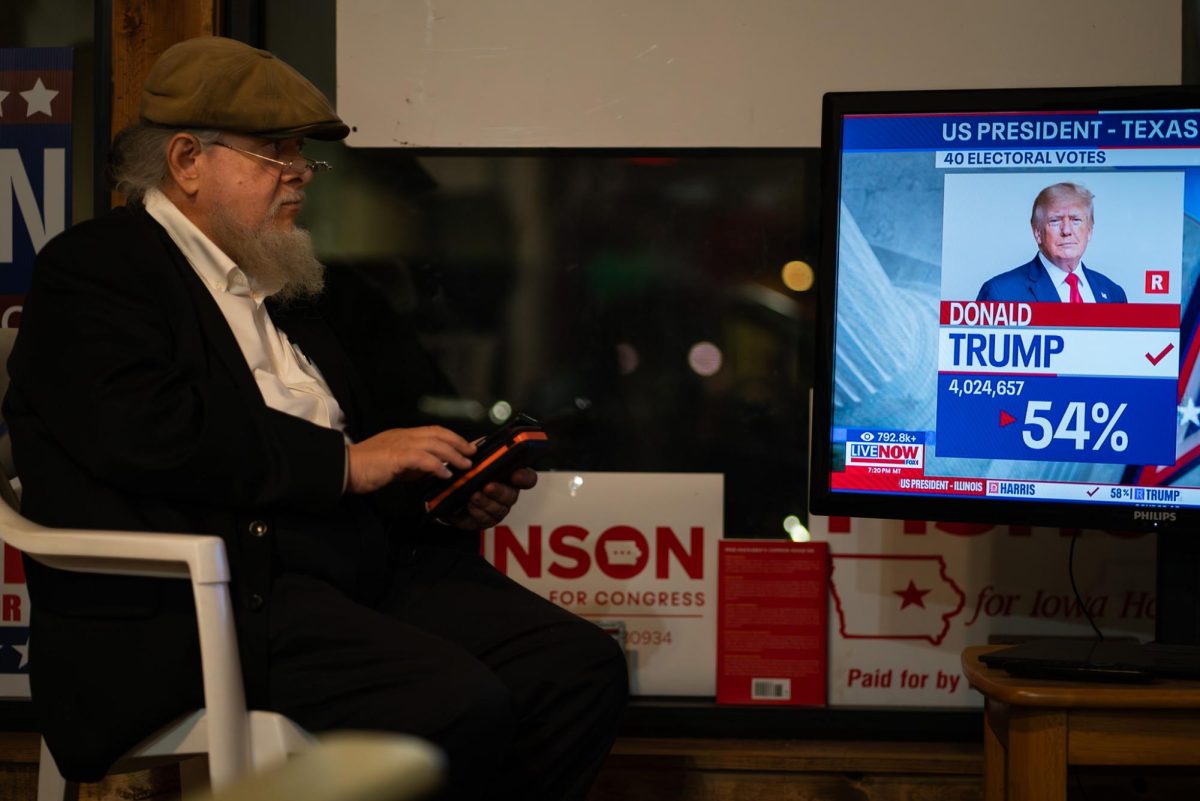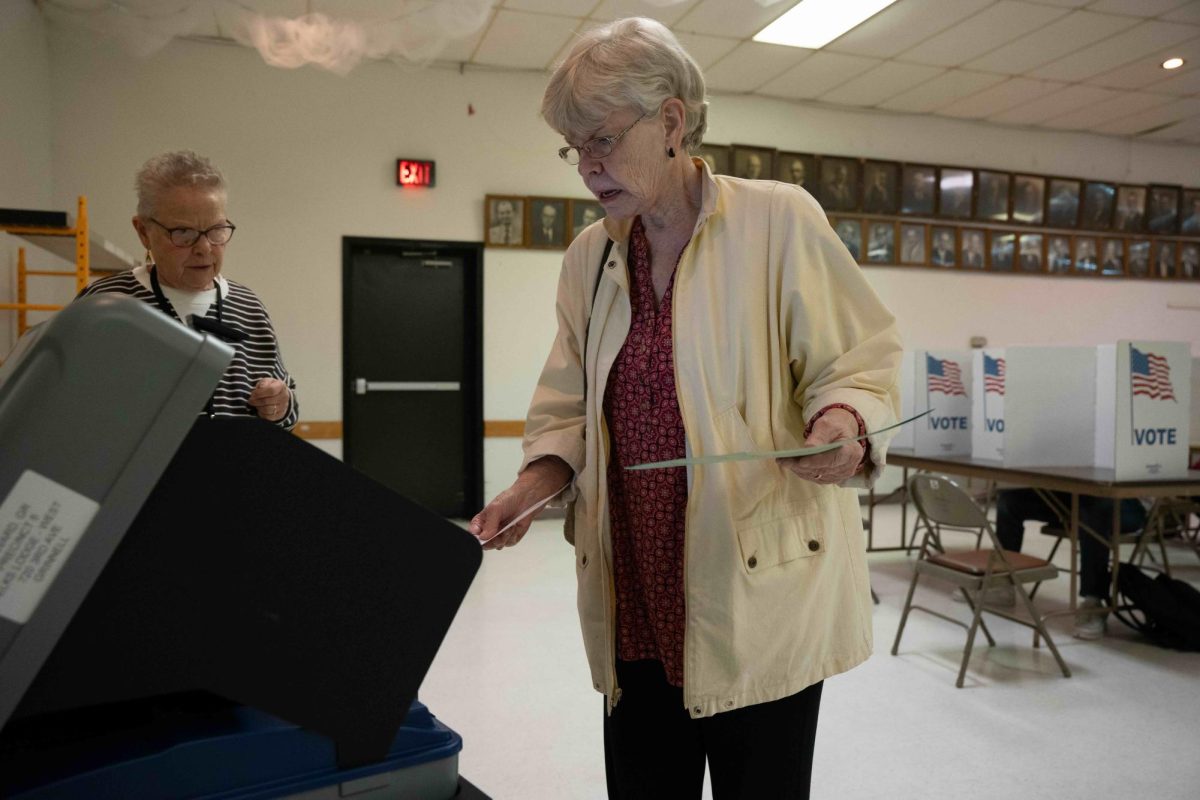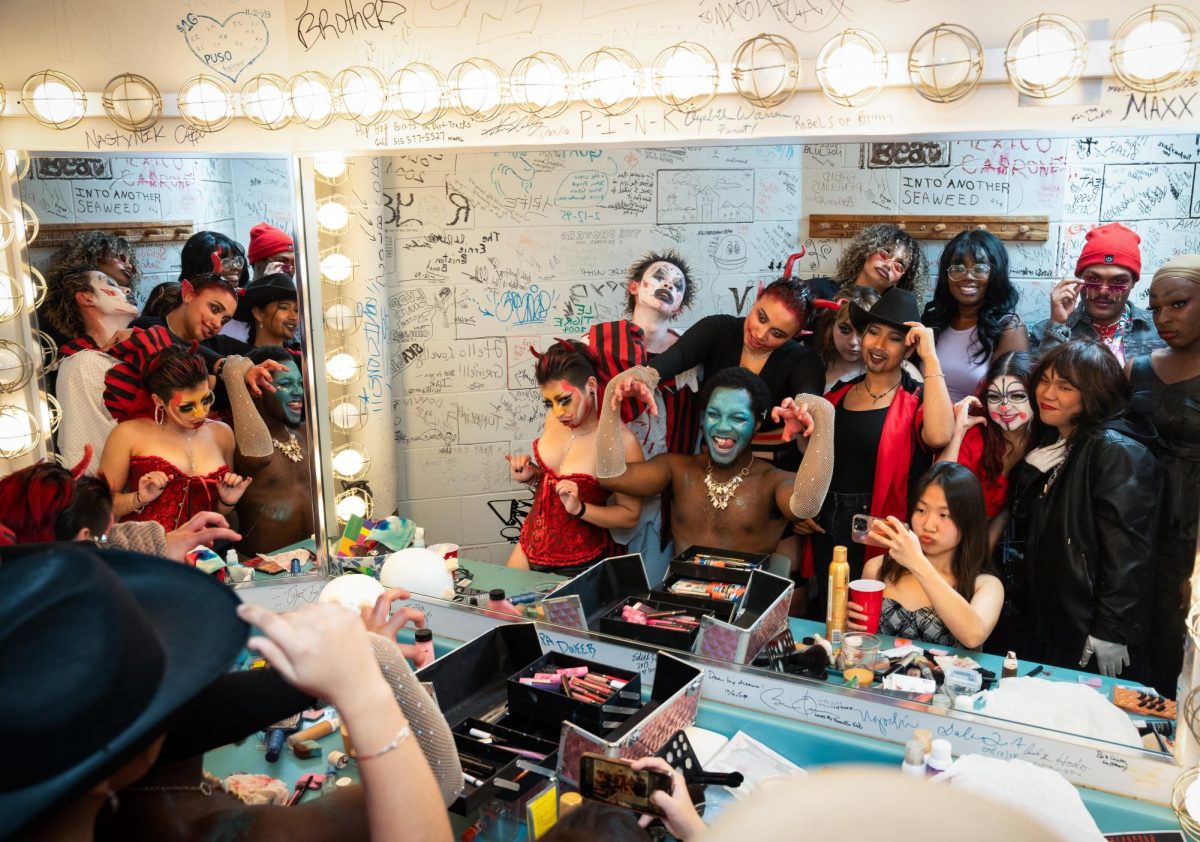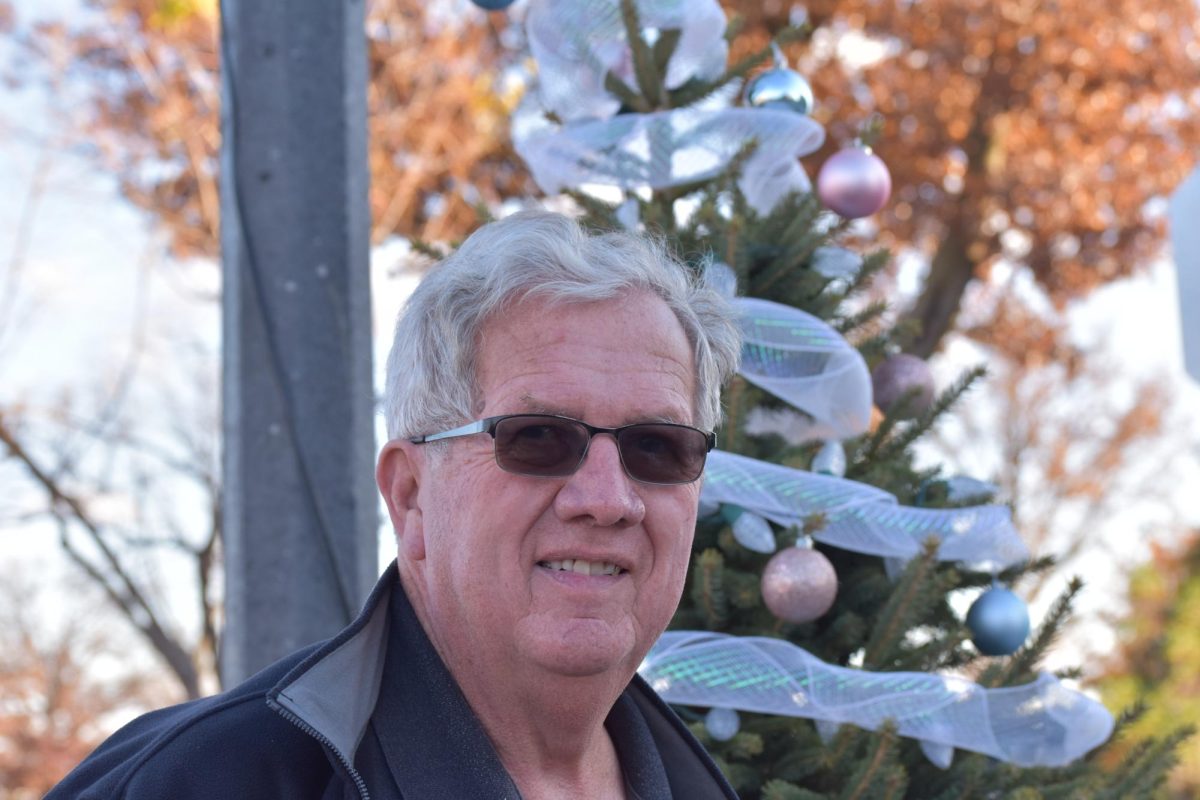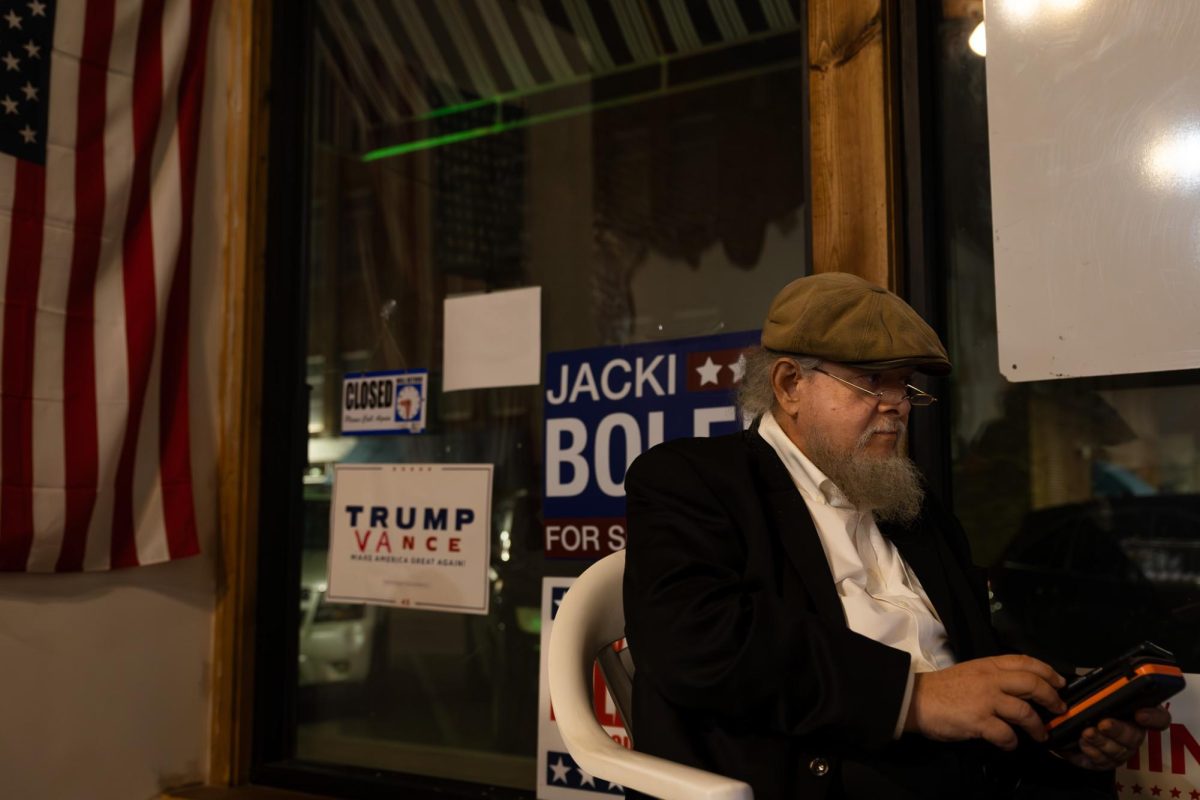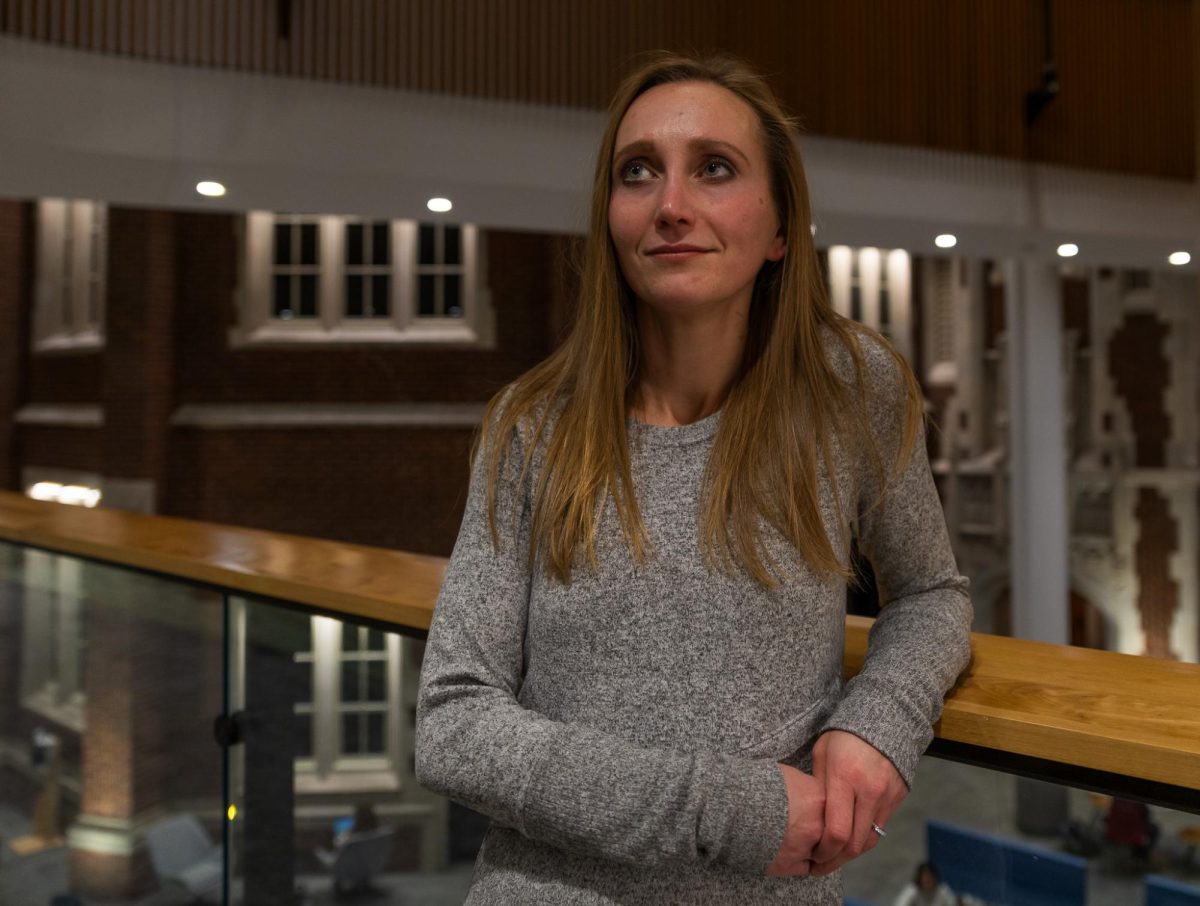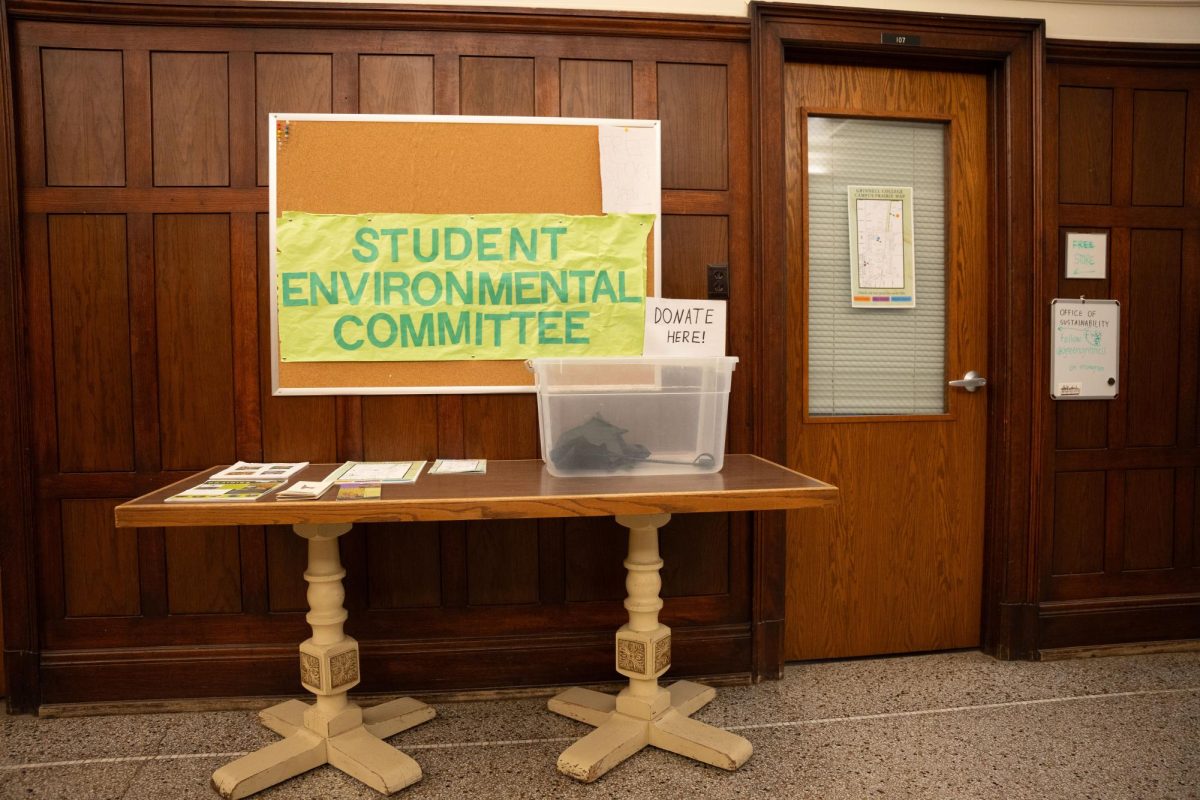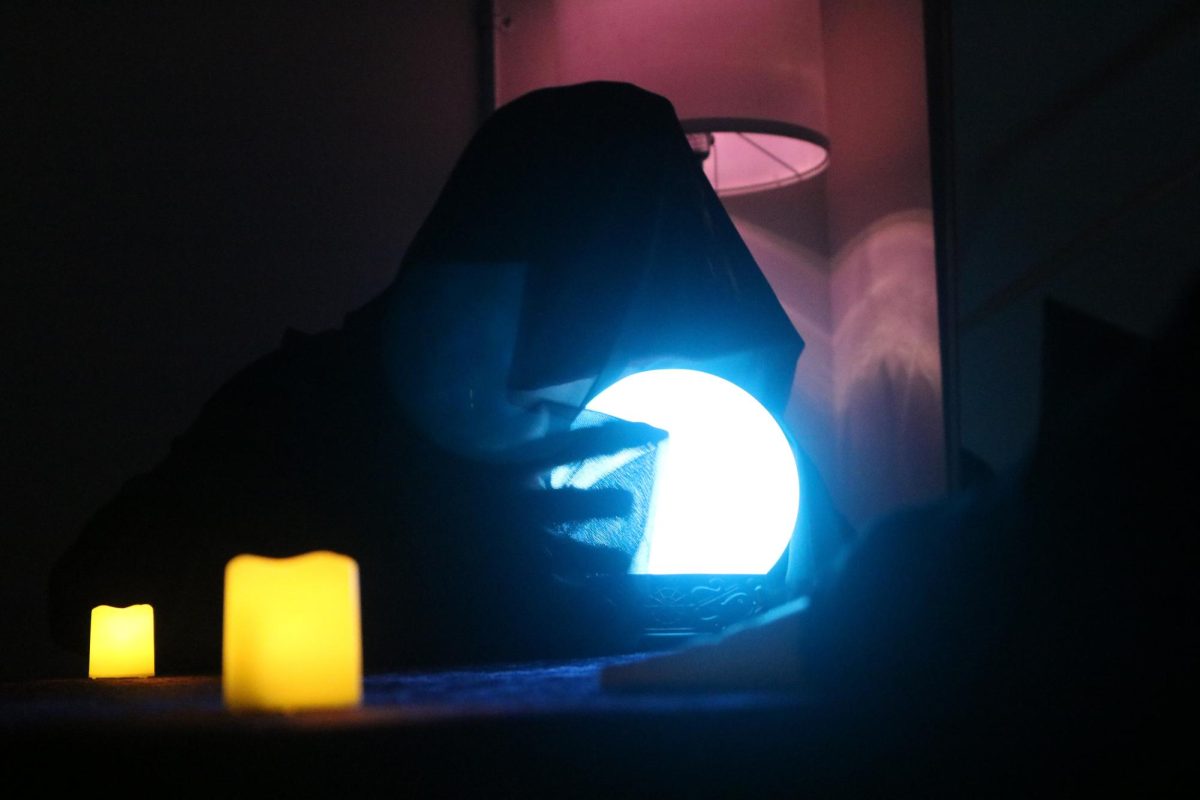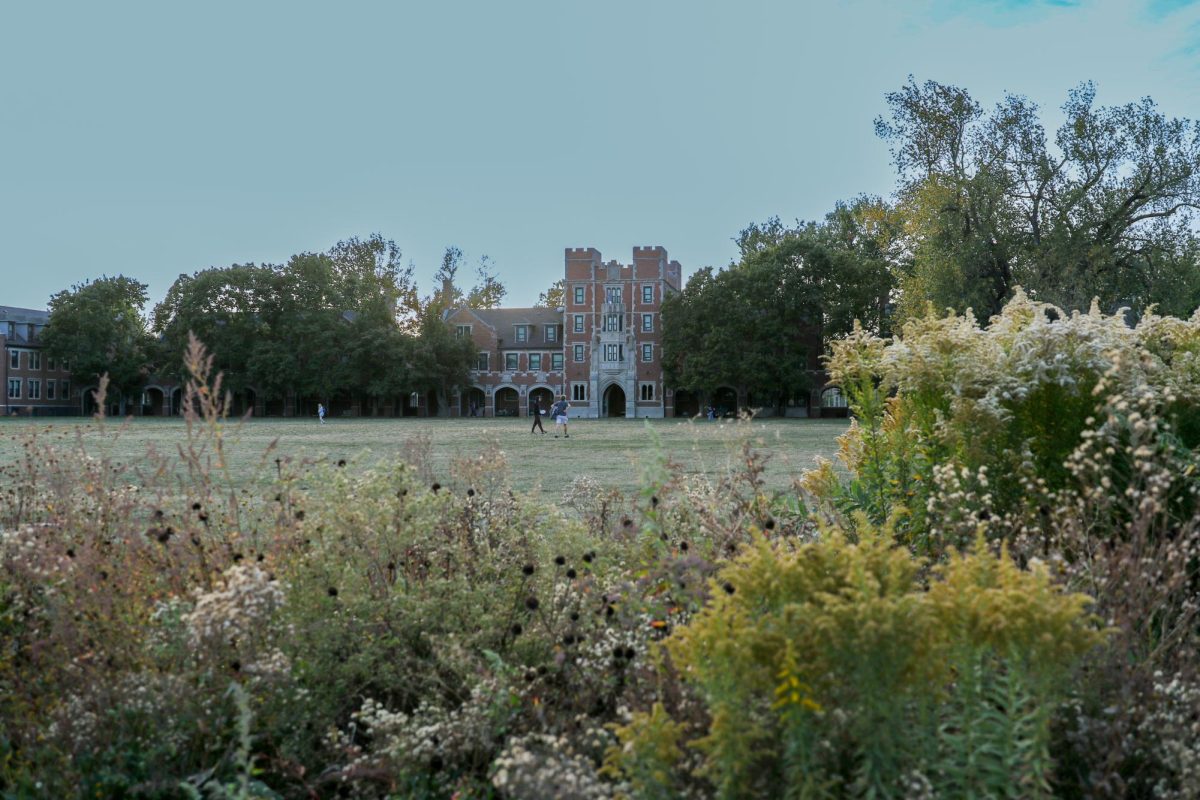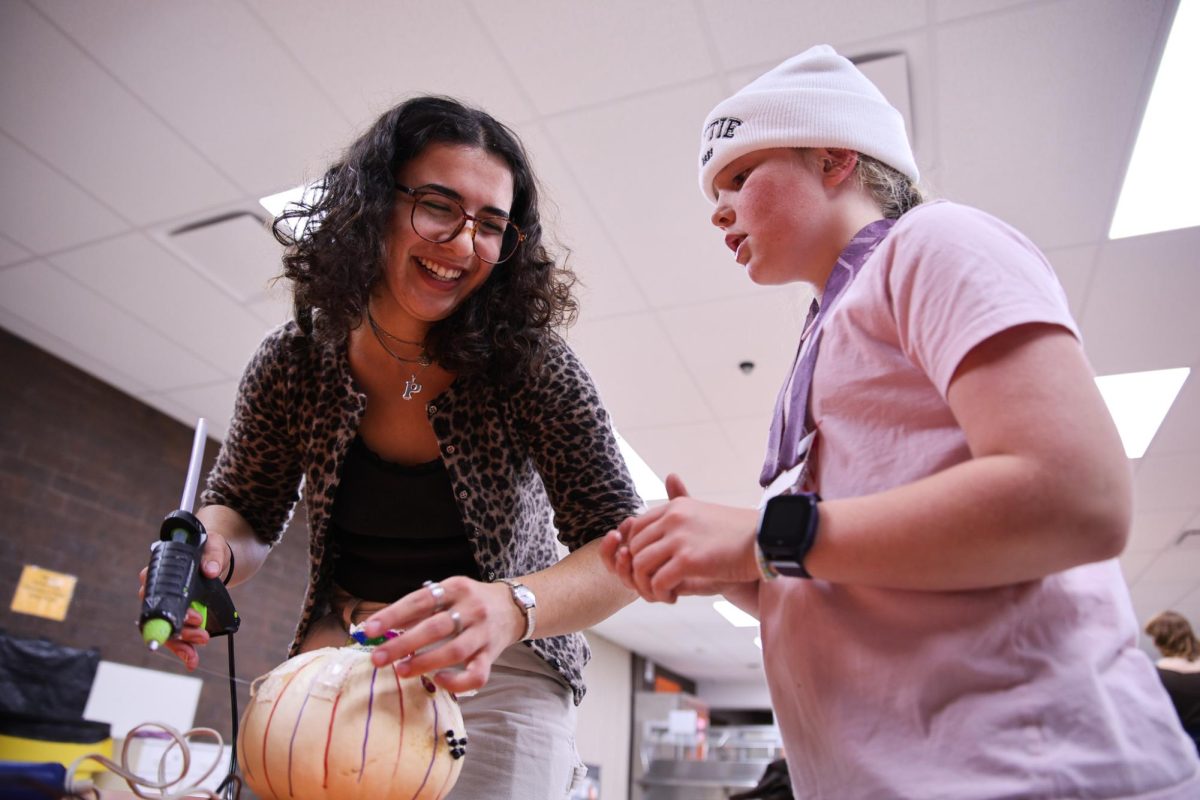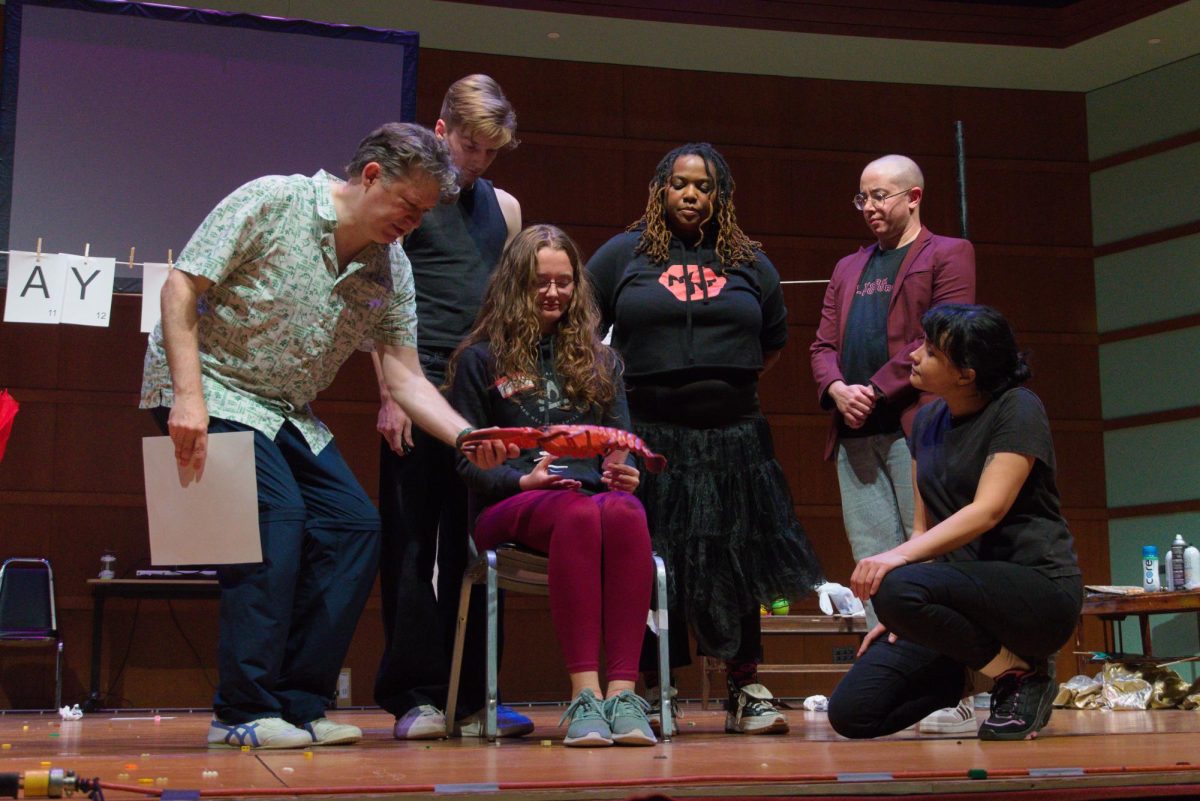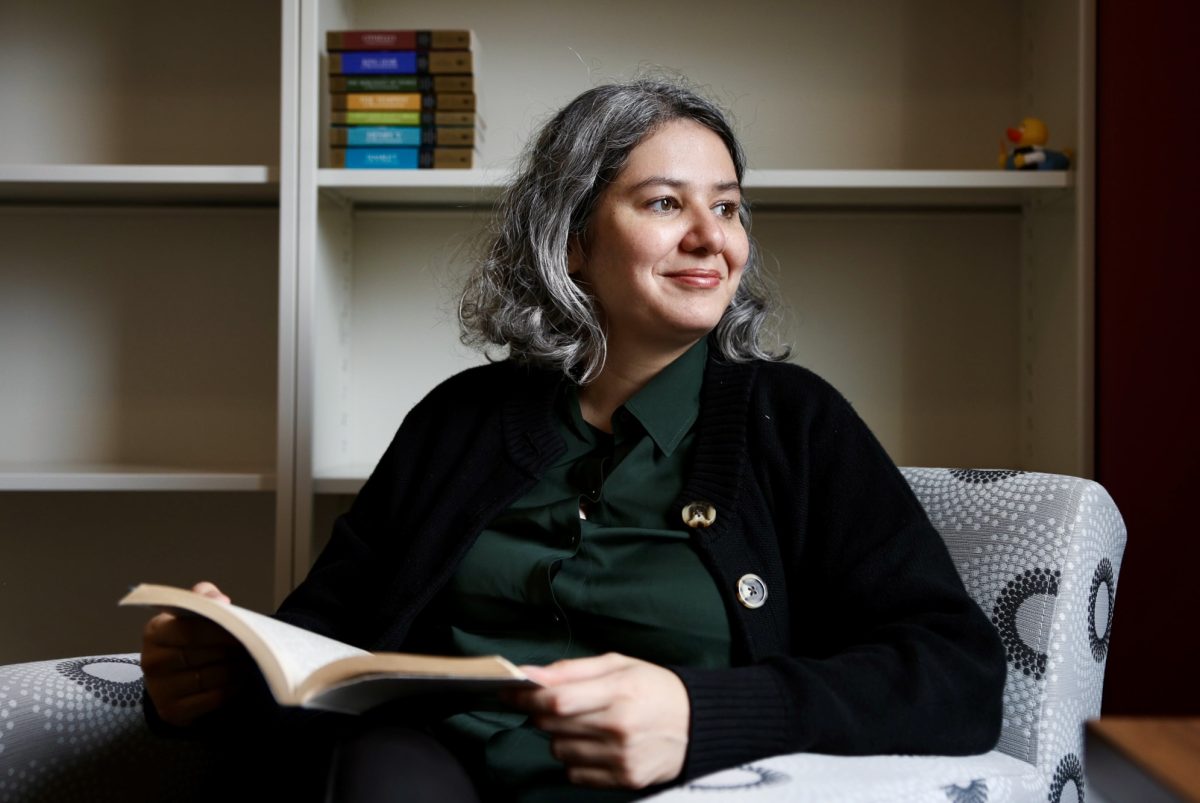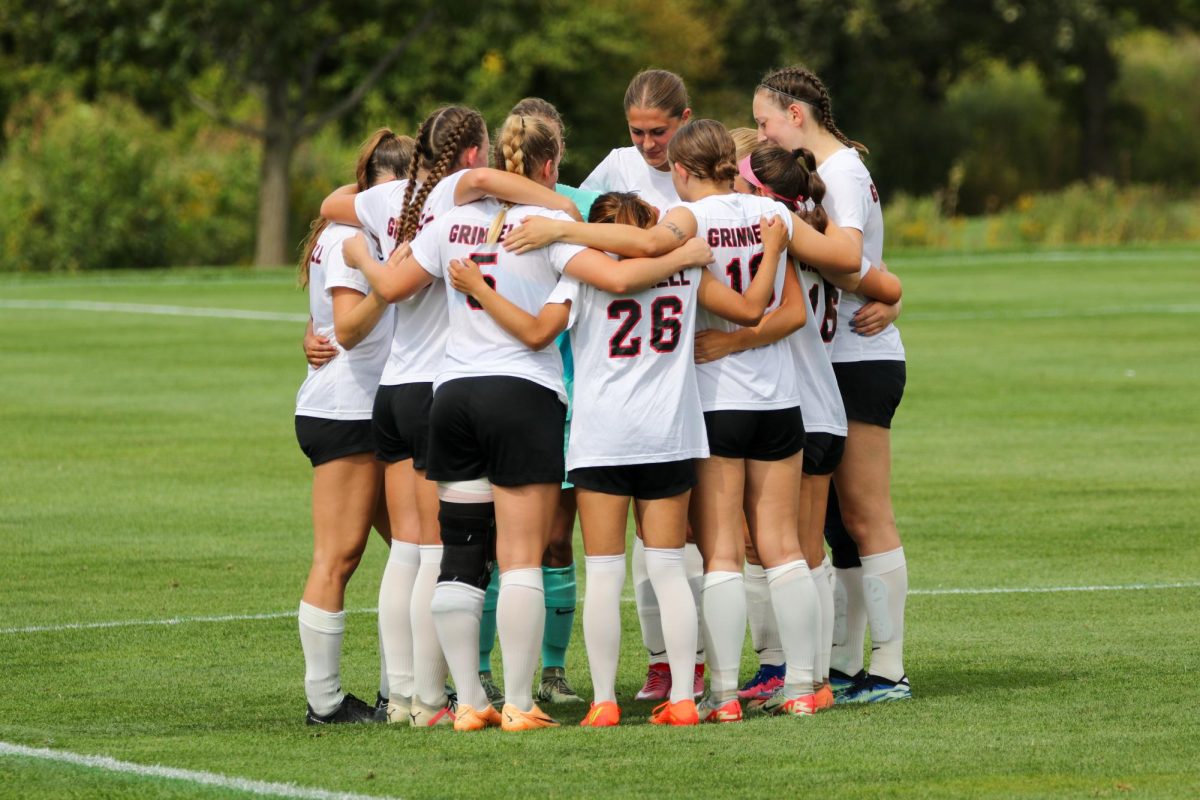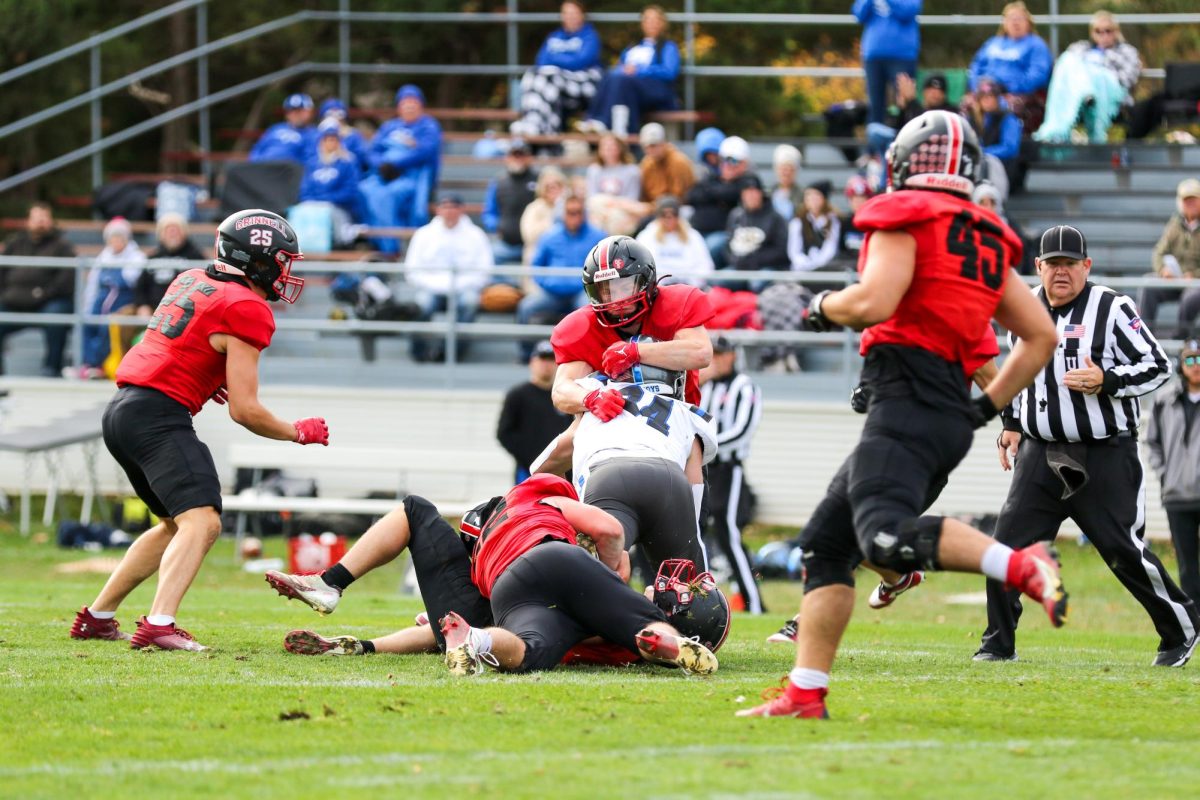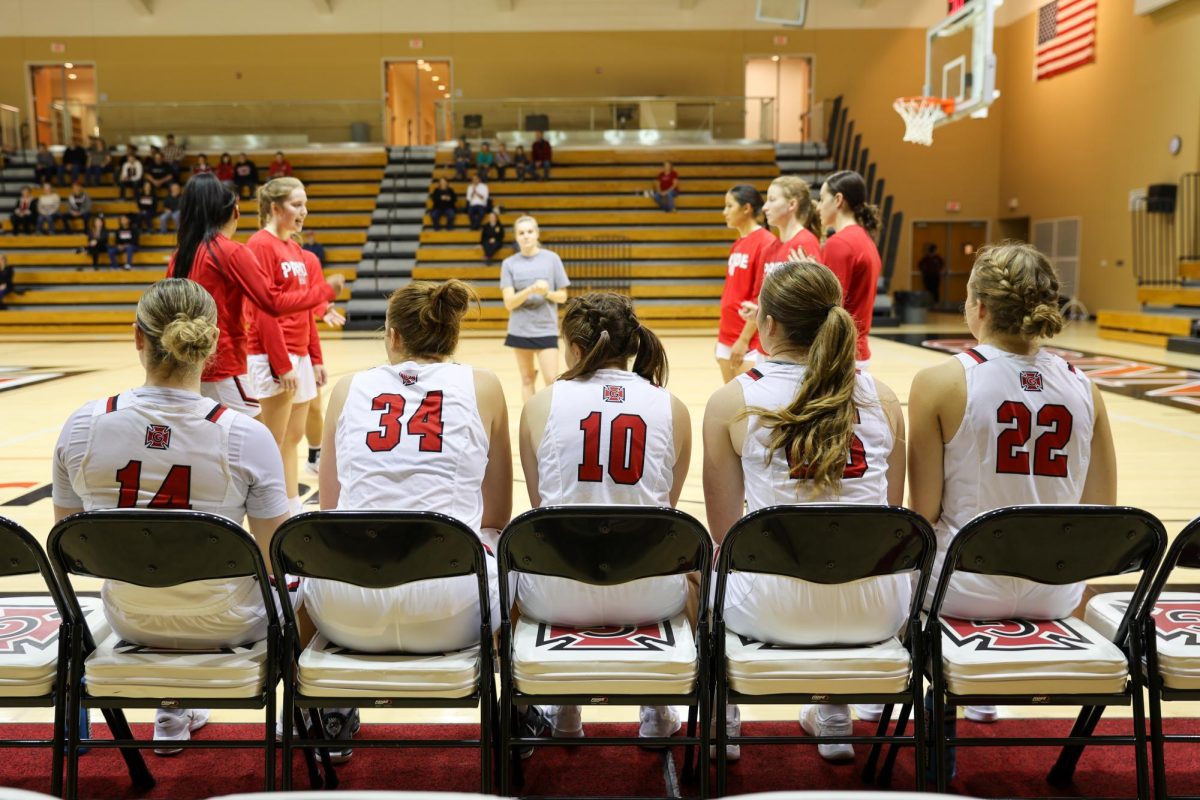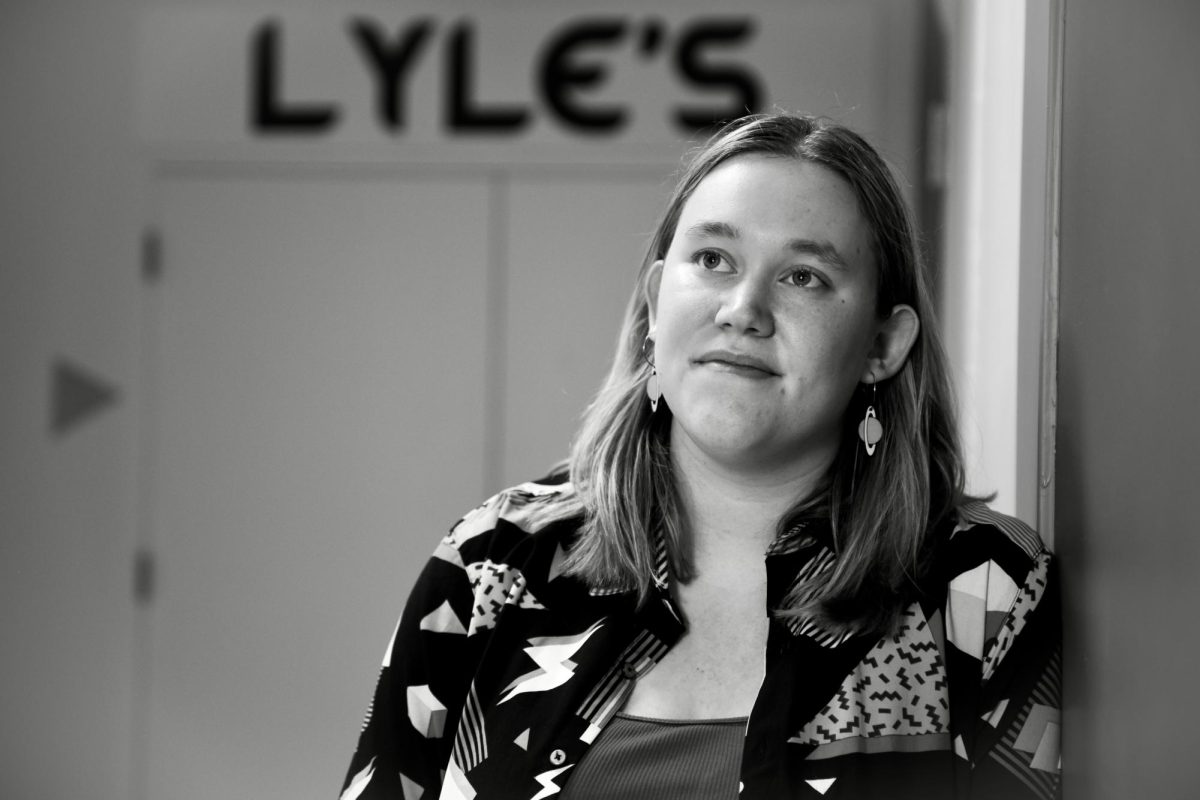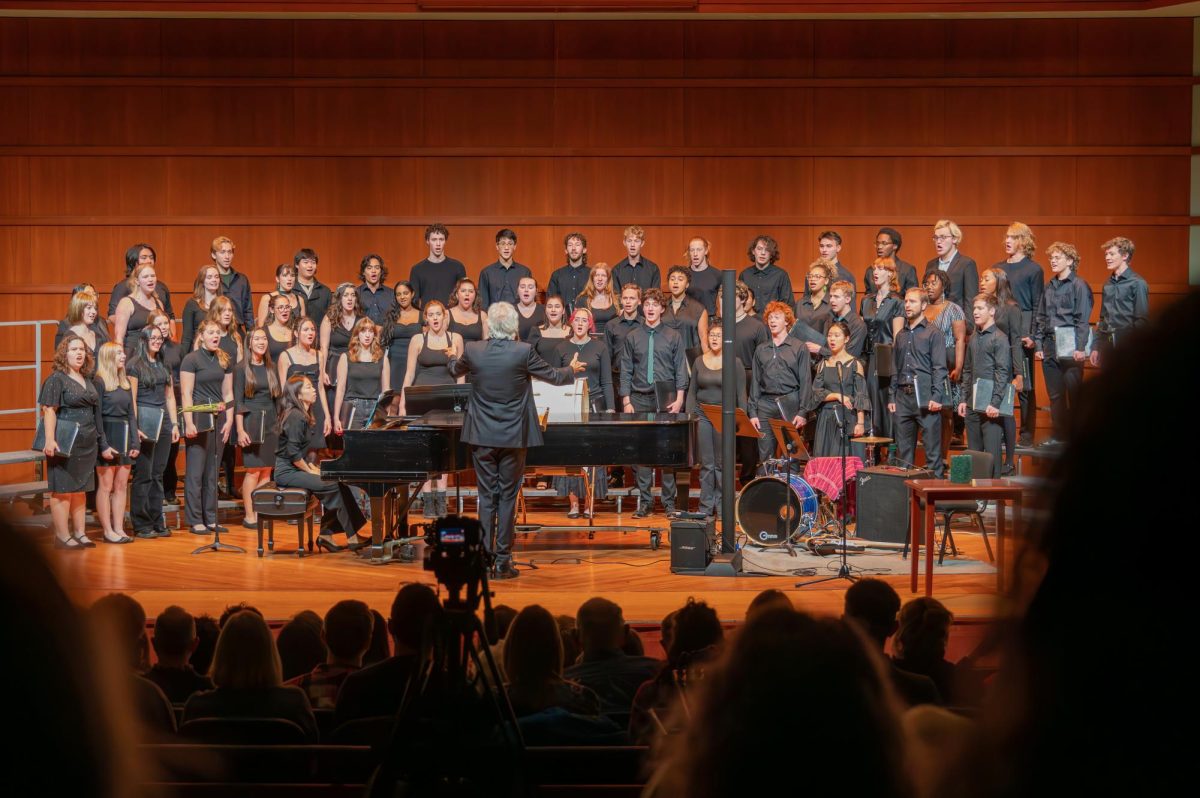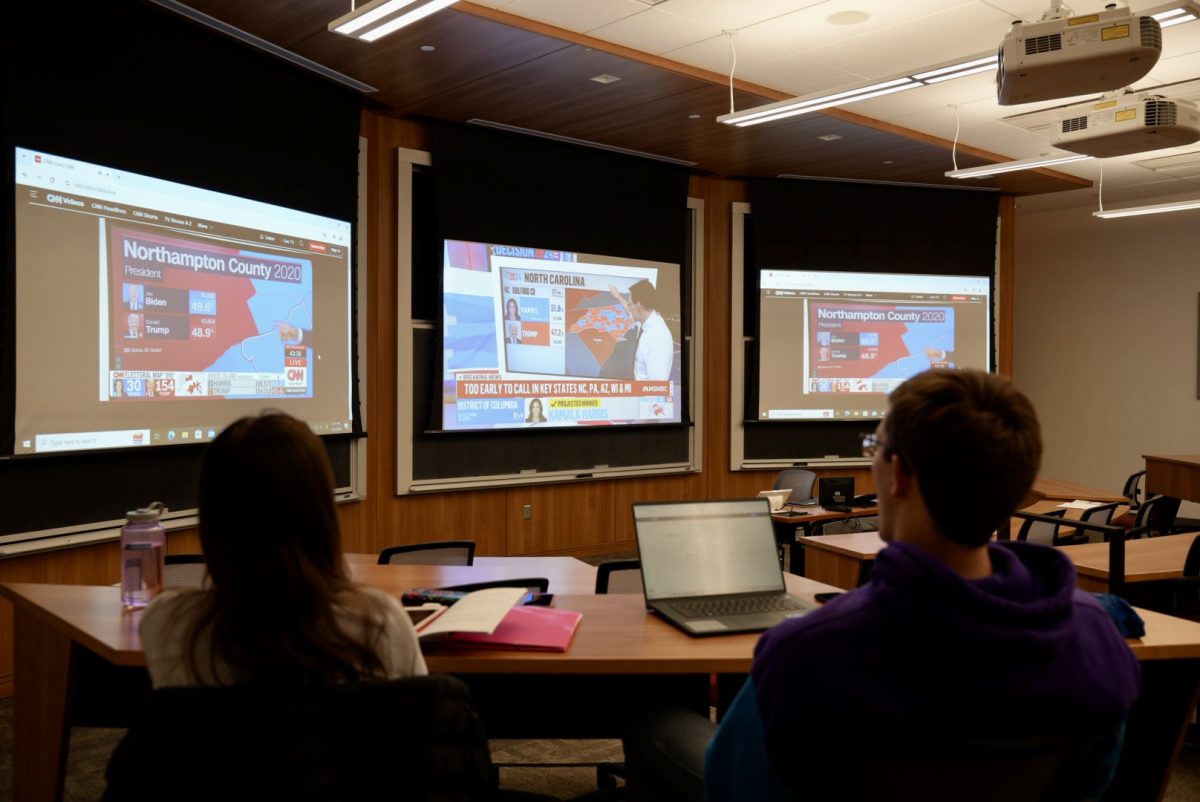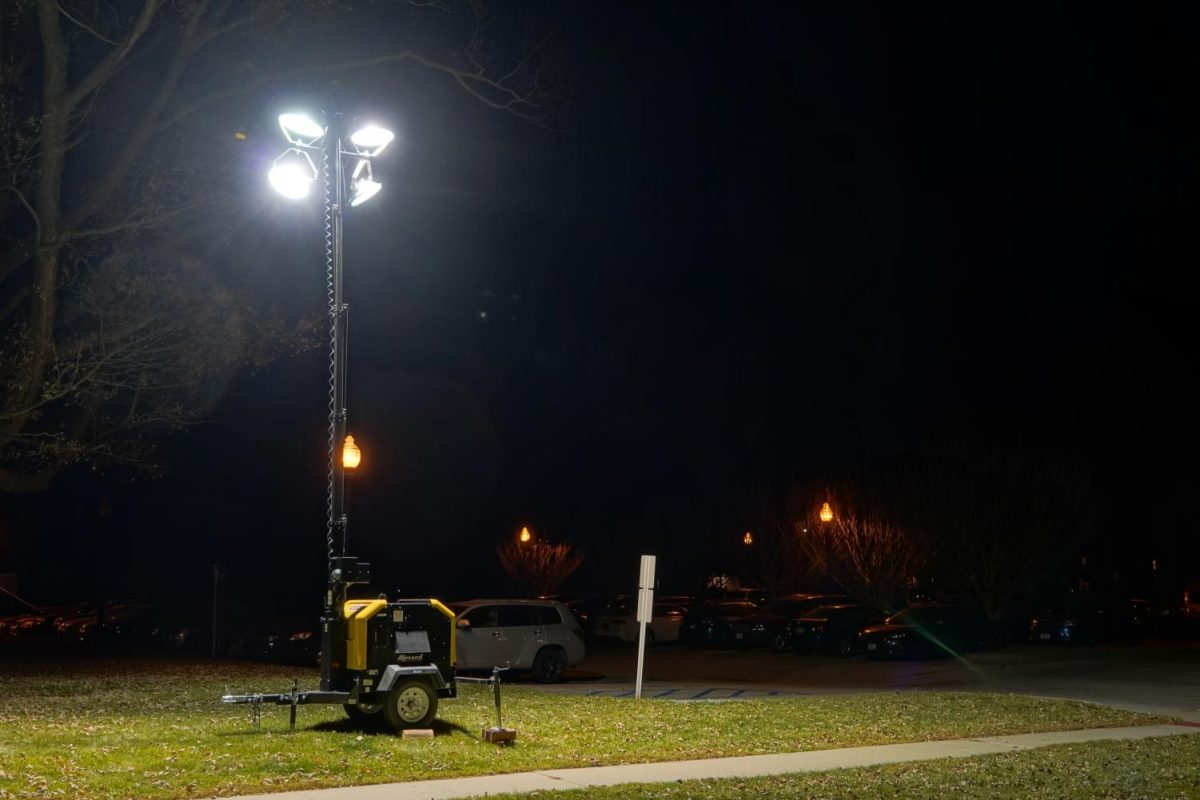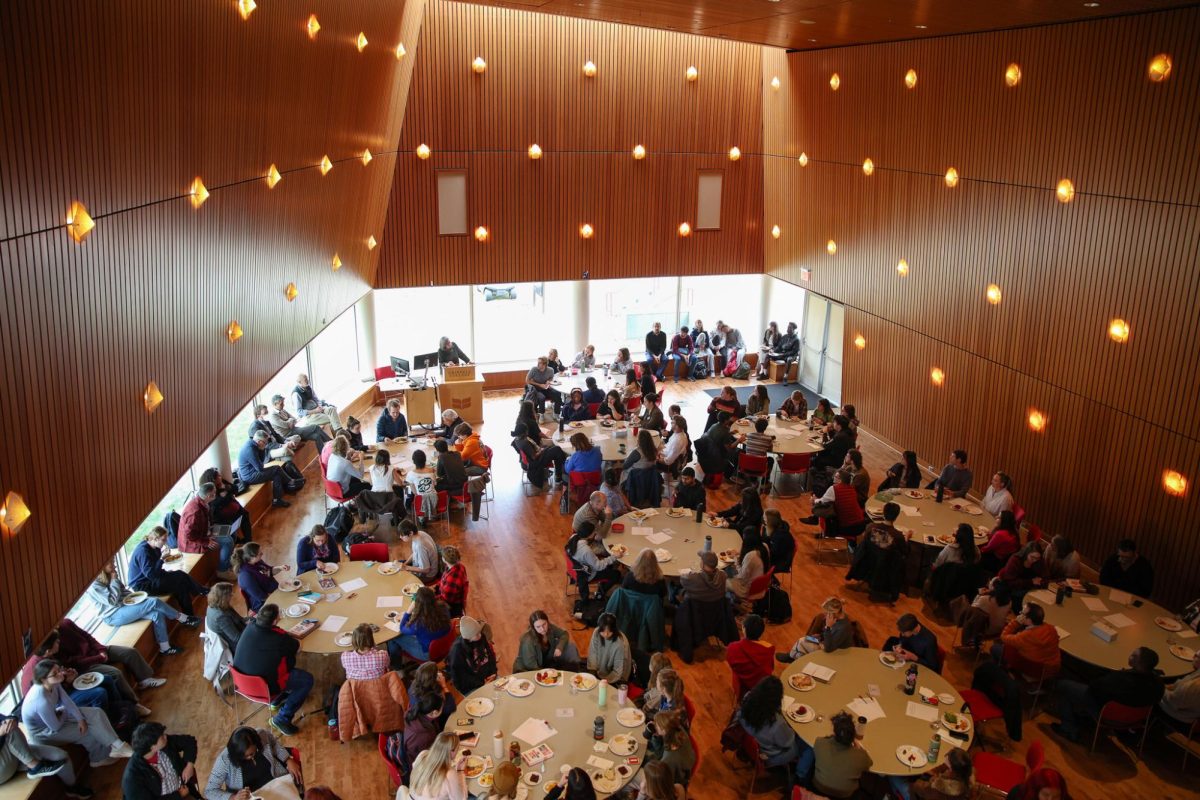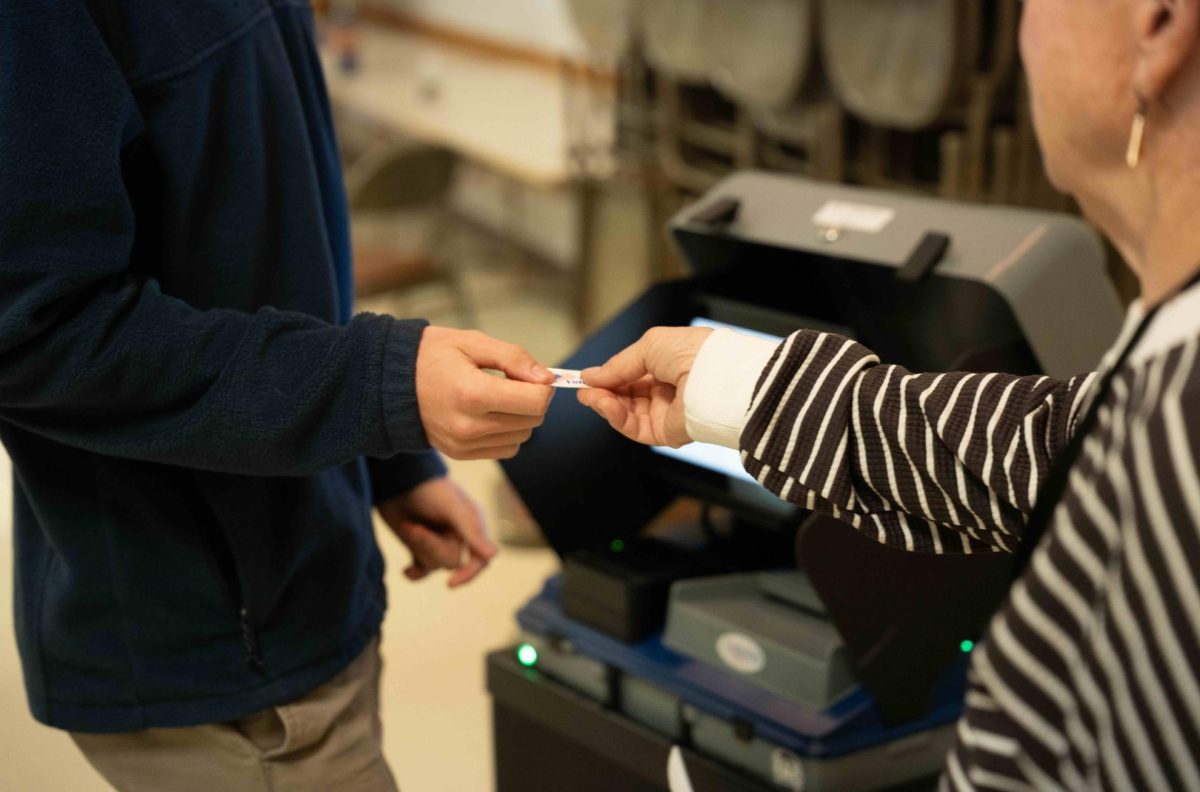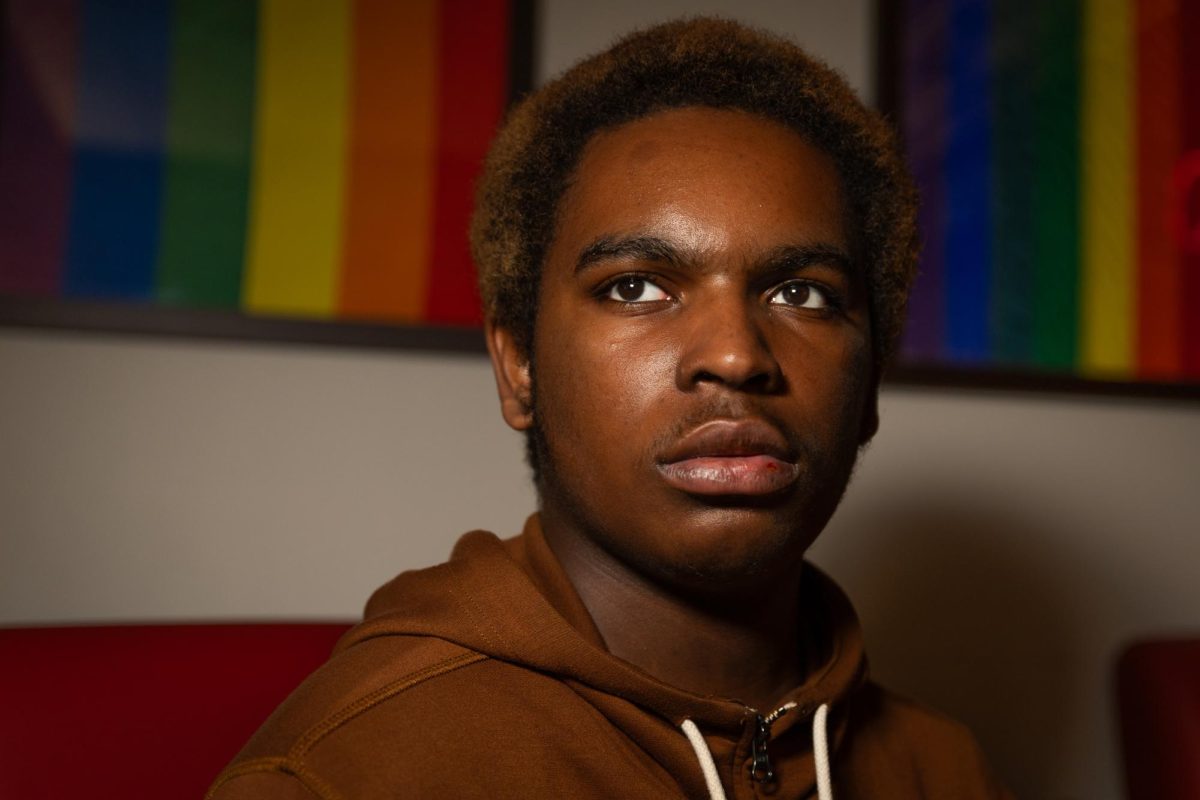On a given Friday or Saturday night, it is not uncommon to see police cars cruising by 8th Avenue or lurking around campus on foot. Many of us cringe at such a sight even dropping our red Solo cups to make a run for it–which is never a good idea, by the way.
Grinnell’s student group AJust Grinnell, in collaboration with SGA and Grinnell Campus Security and, ACE sponsored the Know Your Rights With the Police Workshop, as part of the “Know Your Rights” program aimed at educating students about their rights when facing law enforcement.
The workshop took place in JRC 209 on Tuesday, with 10 student attendees. The low attendance was due in part to a mix-up on the flyer promoting the event.
The workshop began by addressing the problem of oppression in police encounters, especially for racial minorities, transgender or gender queer, and non-citizens. According to a 2004 Amnesty International Survey, there are about 32 million victims of racial profiling by authorities in a given year.
“One of the main goals of AJust is to help the Grinnell community understand the different forms of oppression that manifest themselves on this campus,” said Emily Summers ’10, a member of AJust Grinnell. “With this workshop, we not only wanted to give people a chance to learn what to do or say when dealing with the police, but to also show the ways in which these interactions can be oppressive for many people.”
The workshops provided an opportunity for participants to share their experiences with the police and ask questions in a comfortable setting. The facilitators described students’ rights during police questioning, stops and arrests, searches and warrants and those of non-citizens. The workshop also provided guidelines with specific relevance to Grinnell students: rights pertaining to alcohol and illicit drug policy, tobacco smoking policy with regards to the Iowa Smoke Free Air Act and access to dorm rooms.
Evan Hunsley ’11, one of the AJust members who helped lead the workshop, stressed the fact that every person has the constitutional right to remain silent during police questioning, even non-citizens.
“Even if you’ve already started talking you can stop at any time,” Hunsley said. “In the case of being arrested, you should [stop].”
Members of AJust explained that police can only search your home with a warrant, unless there are screams or cries for help coming from within that would suggest an emergency. However, this right to privacy becomes less transparent for dorm rooms, as police can gain access to residence halls through campus security.
“This means you want to keep anything illegal out of sight, at all times. If you’re doing something illegal in your dorm room, have the door closed, because if your door is open and the police are around, they can just walk in,” Hunsley said.
When stopped on the street, police cannot search or detain you without “reasonable suspicion” that you may be armed in which case police can only pat down the outside of your clothing to check for weapons. Any additional searching would be illegal without consent and you cannot be charged for possession of items found in the search aside from weapons.
Participants had the opportunity to partake in role-play situations that explained one’s rights and advised sensible responses during various police encounters.
“It made me think of what I could do in specific scenarios that I would never think of being in and [understand] what specifically to say or not say,” said Colin Yarnell ’12, a student who attended the workshop. “It’s somewhat empowering to know your rights.”
In addition to clarifying legal rights, the workshop also explained the role of Grinnell security as a resource for students.
“[The Grinnell security] is often the mediator between the student body and the police,” Hunsley said. “The security officers at Grinnell are really there for our safety and our protection but we need to understand specifically the role they serve and how they can approach that role.”
AJust Grinnell came up with the idea to host the Know Your Rights events after a few group members observed a distressing interaction between a Grinnell student and a police officer. Hunsley recalls observing a police officer question a student who was sitting on the steps outside the JRC with an unlit cigarette in his hand. This incident, along with other encounters that he and other members of AJust Grinnell had heard about happening during the semester, prompted the group to come up with the educational program.
“[We want] to get people educated about what their civil rights are because even very well educated people are often really fuzzy about specifically what you can do in certain situations,” said Hunsley.
For more information or questions about rights in law enforcement encounters, contact [AJust].
.it cigarette in his hand. This incident, along with other encounters that he and other members of AJust Grinnell had heard about happening during the semester, prompted the group to come up with the educational program.
“[We want] to get people educated about what their civil rights are because even very well educated people are often really fuzzy about specifically what you can do in certain situations,” said Hunsley.
Students Learn Their Rights
December 4, 2009
0
Tags:
More to Discover

